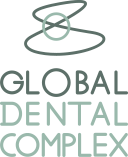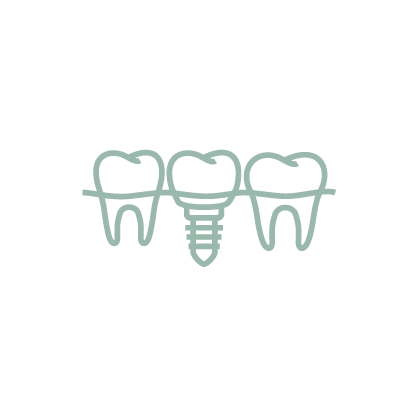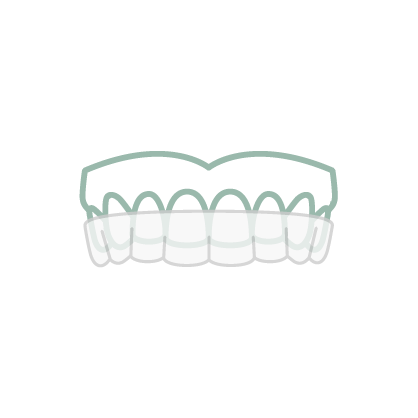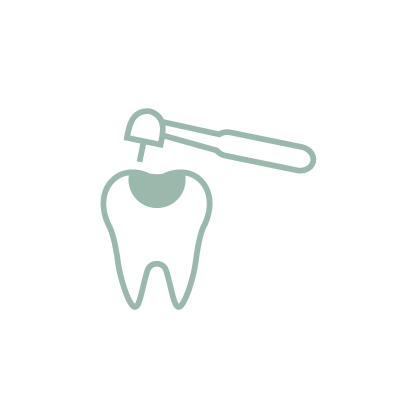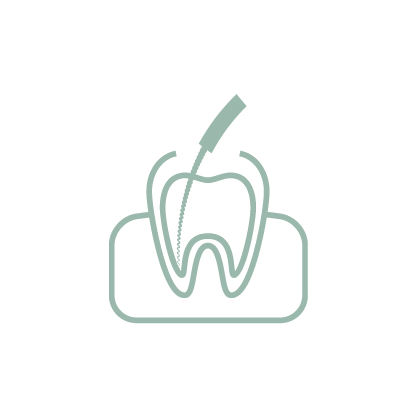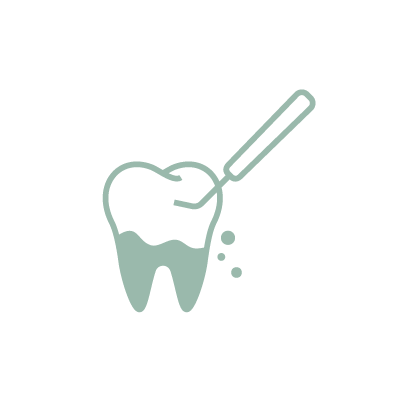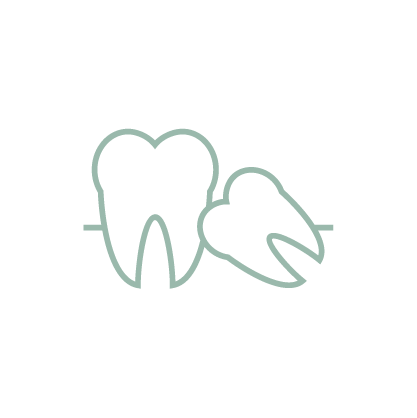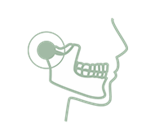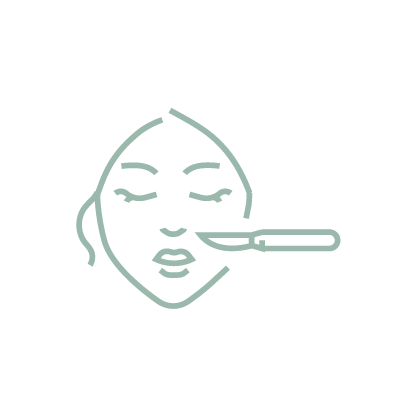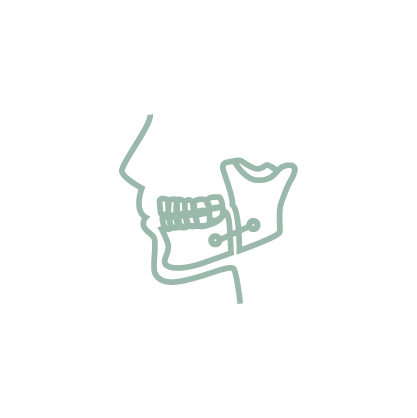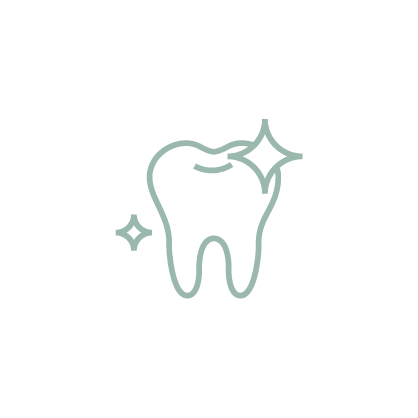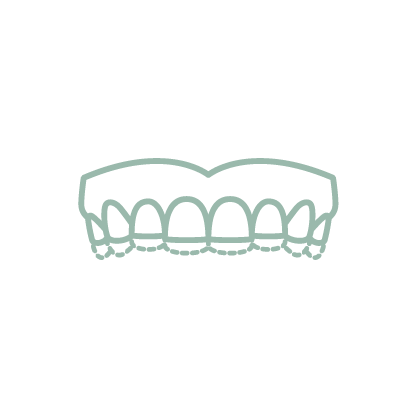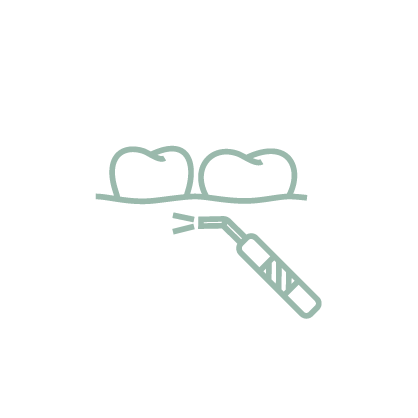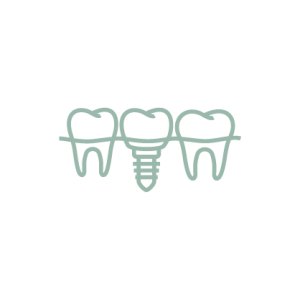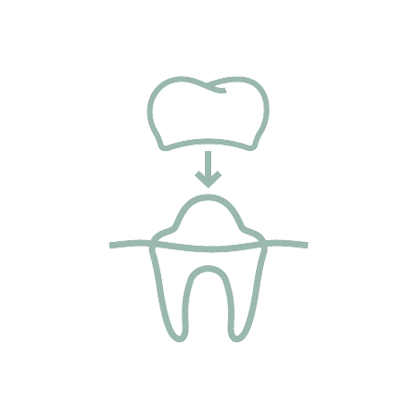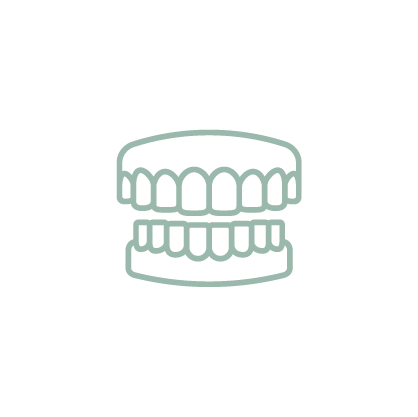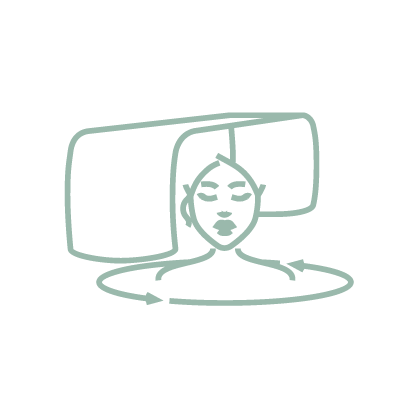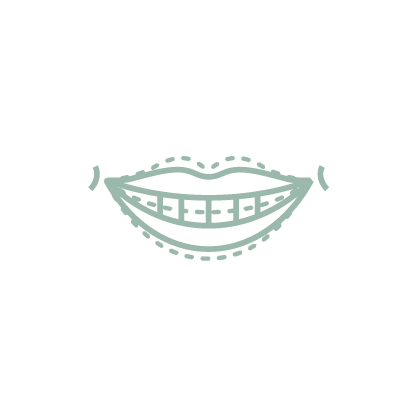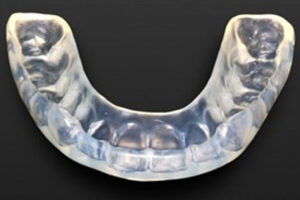What is a night guard?
A Night guard is a dental device for the patient to wear at night time to protect excessive force on their teeth, masticatory muscle, and temporomandibular joint from bruxism or jaw clenching. Night guards for teeth specifically can also be called occlusal splint or occlusal device. It can be hard or soft splint. However, soft splint can cause muscle hyperactivity resulting in more clenching force. Over the counter night guard is not recommended because it is soft splint and it does not fit your teeth properly.
What is bruxism?
Bruxism can refer to teeth grinding and jaw clenching at night and is often related to stress or anxiety. It is the most common oral para-functional habits found in patients. It does not always cause symptoms, but some patients get facial pain or headaches, and it can also wear down your teeth over time. Most patients who grind their teeth and clench their jaw are not aware they’re doing it because it usually happens during sleep(bruxism), or while concentrating or under stress(teeth clenching).
What is the symptoms of bruxism and/or teeth clenching?
- Fatigue facial muscle
- Facial pain
- Headache
- Earache
- Soreness and stiffness in the jaw joint (temporomandibular joint) and facial muscles, which can lead to temporomandibular disorder (TMD)
- Disrupted sleep
- Worn down teeth, which can lead to increased sensitivity
- Broken teeth or fillings
What causes bruxism?
- Stress and Anxiety
- Obstructive sleep apnea (OSA)
- Serotonin reuptake inhibitor (SSRI) medicine such as paroxetine, fluoxetine, and sertraline
What is the treatment for bruxism and/or teeth clenching?
- Night guard for teeth or occlusal splint: to protect teeth, masticatory muscle, and temporomandibular joint while teeth grinding and jaw clenching at night time or even during the day in some patients.
- Psychiatrist: to treat stress and anxiety
- Dental sleep instrument or CPAP: to treat obstructive sleep apnea
What is the procedure for night guard or occlusal splint?
Visit 1: Facial and oral examination, x-ray with our dental specialist. Make impression or scan for occlusal splint
Visit 2: Occlusal splint fitting and delivery to the patient.
Visit 3: Follow-up symptoms and occlusal splint adjustment (if needed)
If you require a night guard for your teeth, or have questions on different treatment options for bruxism, contact Global Dental Complex today.
